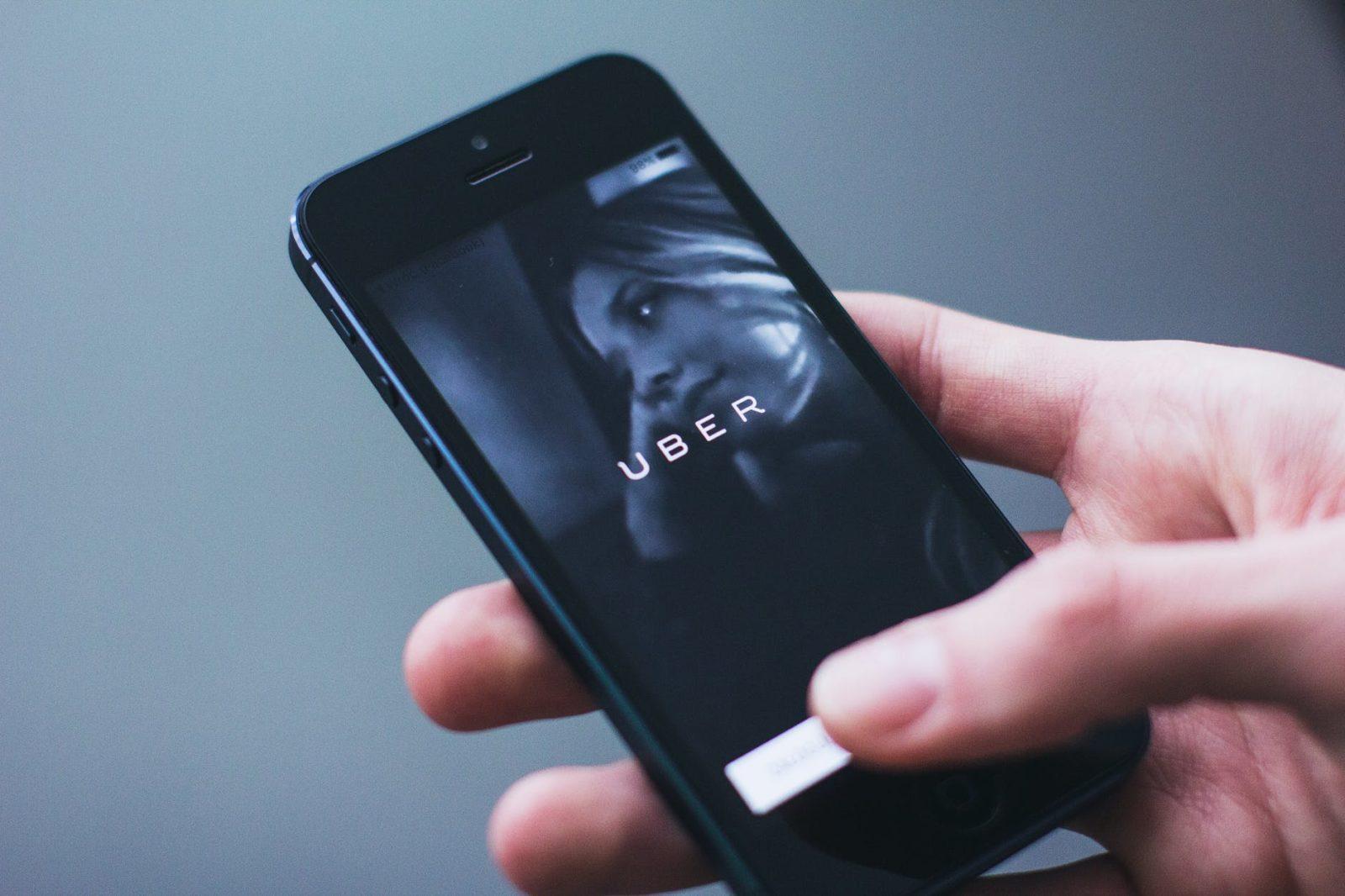By Damien O’Carroll
Hyundai has become the first car manufacturer to buy into Uber’s dream of fleets of flying taxis flitting above the cities of the world with the unveiling of its first concept at the Consumer Electronics Show in Las Vegas.
Uber and Hyundai Motor Company announced a new partnership to develop Uber Air Taxis for a future aerial ride share network at the show, along with the new full-scale aircraft concept – the S-A1.
According to the two companies, Hyundai will produce and deploy the air vehicles, while Uber will provide airspace support services, connections to ground transportation, and customer interfaces through an aerial ride share network. Both parties are collaborating on infrastructure concepts to support take-off and landing for this new class of vehicles.
“Our vision of Urban Air Mobility will transform the concept of urban transportation,” said Jaiwon Shin, Executive Vice President and Head of Hyundai’s Urban Air Mobility (UAM) Division.
“We expect UAM to vitalise urban communities and provide more quality time to people. We are confident that Uber Elevate is the right partner to make this innovative product readily available to as many customers as possible.”
The S-A1 is designed for a cruising speed up to 290 km/h, a cruising altitude of around 300 to 600 metres above ground, and to fly trips up to 100 km. It will be 100 per cent electric and Hyundai says that during peak hours will require about five to seven minutes for recharging.
It uses “distributed electric propulsion”, powering multiple rotors and propellers around the airframe that it says increases safety by decreasing any single point of failure. Having several, smaller rotors also reduces noise relative to large rotor helicopters with combustion engines, which is obviously rather important in cities.
The S-A1 is designed to take off vertically, transition to wing-borne lift in cruise, and then transition back to vertical flight to land. The cabin is designed with four passenger seats, allowing riders to board and disembark easily and avoid the dreaded middle seat with enough space for a personal bag or backpack. Hyundai says it will be piloted initially, but over time they will become autonomous.
“Hyundai is our first vehicle partner with experience of manufacturing passenger cars on a global scale,” said Eric Allison, head of Uber Elevate.
“We believe Hyundai has the potential to build Uber Air vehicles at rates unseen in the current aerospace industry, producing high quality, reliable aircraft at high volumes to drive down passenger costs per trip. Combining Hyundai’s manufacturing muscle with Uber’s technology platform represents a giant leap forward for launching a vibrant air taxi network in the coming years,”
Bloomberg has reported that, while Uber has held talks with the US Federal Aviation Administration, the whole flying taxi thing is likely to face heavy scrutiny from the regulator over logistics for takeoff and landing, noise and safety concerns.
And that is not even getting into the whole autonomous thing, although neither Hyundai nor Uber have provided a timeline for dispensing with human pilots.
















Leave a Reply